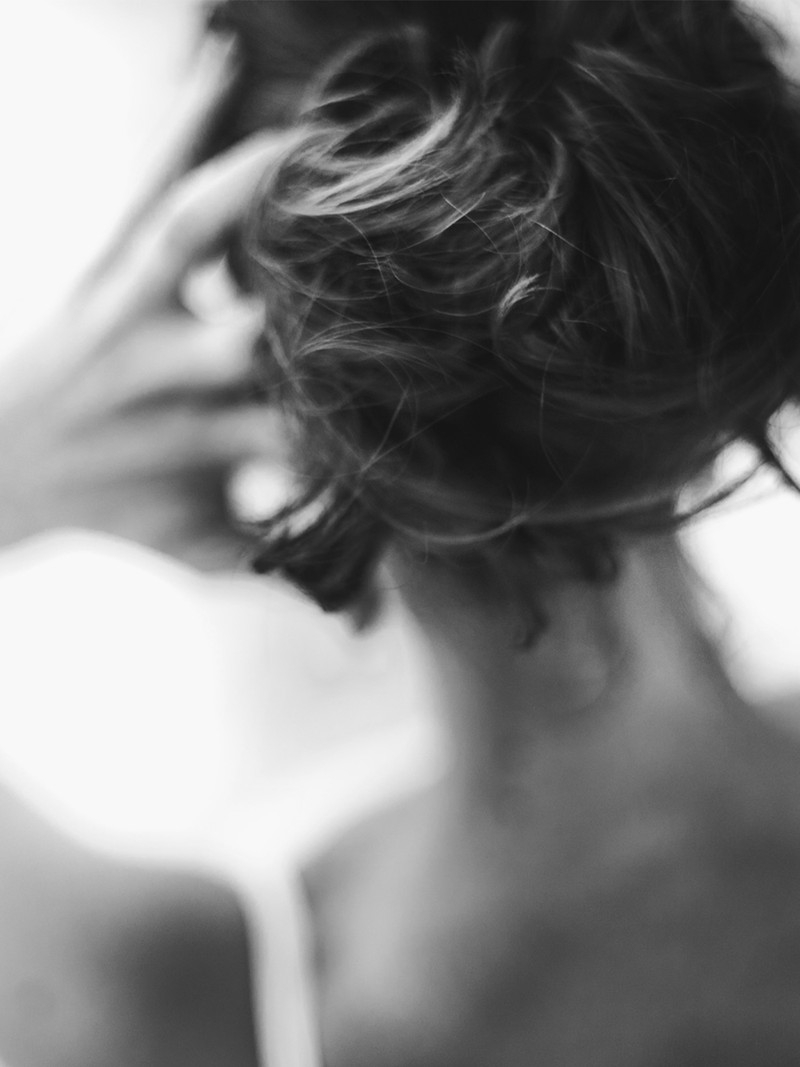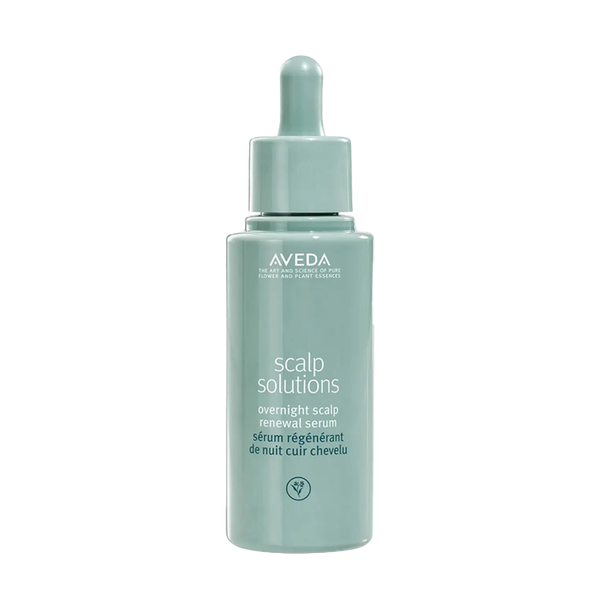Scalp Acne: What Causes It & How To Treat It
First, An Intro To Scalp Acne
“Scalp acne and breakouts occur when your hair follicles become inflamed, causing redness, itching and the formation of small, pimple-like bumps on your scalp. This can commonly be confused with scalp folliculitis which refers to the infections and/or inflammation around the hair follicles.” – Helen Reavey, founder & creative director, Act+Acre
“It can be easy to confuse scalp acne with other issues, but the easiest way to determine it is by its appearance. Put simply, if it looks like acne or shares any similarities to whiteheads and breakouts, it’s likely to be scalp acne caused by blocked follicles. If you’re ever uncertain, always check with a trichologist or GP. You may also find these inflamed bumps are more painful than facial acne due to the presence of larger nodules and cysts that can occur on the scalp due to healthy blood flow.” – Anabel Kingsley, brand president & consultant trichologist, Philip Kingsley
The Key Causes
“Scalp and face acne occur for the same reasons – think excess oil production, hormonal imbalances, bacteria or clogged pores. Though it differs from person to person, scalp acne will appear mostly under your hairline. If you’re experience any loss in this area, it could be leftover make-up or product is building up, blocking your follicles and pores, leading to pimples.” – Helen
“You are more likely to develop scalp acne if you do not wash your hair regularly. Androgen hormones also cause the sebaceous glands to produce and secrete excess sebum, so hormonal fluctuations can sometimes contribute to scalp acne. In some cases, scalp acne can also be caused by bacteria or fungi invading hair follicles which can lead to inflammation, but again this comes back to ensuring you’re washing your hair on a regular basis to prevent this from forming.” – Anabel
Lifestyle Factors That Can Contribute
“Maintaining good hygiene and washing is essential if you suffer with breakouts. Remember your scalp is a living tissue. It sweats, produces oils and sheds skin cells – why wouldn’t you wash it regularly to avoid build-ups, just as you do on your face? It’s also worth noting that hair isn’t an essential tissue, so it’s the last part of us to receive nutrients we ingest and the first part they are withheld from. With that in mind, a balanced diet is key. Too much fatty, sugary foods can increase oil production, so try to avoid this is you have a flare-up. I recommend prioritising stress management too. Easier said than done, but stress is inflammatory and can be a big trigger for acne.” – Anabel
“Foods that are high in iron, biotin, zinc and vitamin D are all particularly beneficial for scalp and hair health. Additionally, chemicals in unfiltered water can build up on the scalp causing irritation and acne – this is where a shower filter like ours at Act+Acre can be hugely beneficial. They’re easy to fit, too. I also recommend avoiding wearing your hair in a tight, pulled-back style as this can cause tension on your scalp. That tension combined with friction can lead to irritation and inflammation of your follicles, potentially contributing to scalp acne.” – Helen
At-Home Solutions
“Make sure you really emulsify any product you use, and focus it on your scalp and the back of your head. I also recommend double cleansing with a sulphate and synthetic-free shampoo to avoid irritation. This is importance as the first cleanse removes build-up, while the second cleanses your scalp. You don’t need to do it daily, but a few times a week makes such a difference.” – Helen
“No matter how tempting it may be, avoid touching your scalp and picking at it. Exfoliating shampoos can make a difference as they work to clear away build-up around your hair follicles. I also recommend an overnight treatment, like our Overnight Scalp Barrier Serum, which is designed to work with your skin’s circadian rhythm while you sleep. It strengthens your scalp’s barrier function, and balances oil, hydration and microflora, helping to support long-term scalp health.” – Anabel
Ingredients & Products That Work
“Look for products that contain salicylic acid and glycolic acid. These ingredients work to exfoliate the scalp and remove product build-up and skin-cell build-up. Additionally, ketoconazole and ciclopirox are antifungal agents that help to treat redness and inflammation. If you start to experience an increased amount of scalp acne or irritation, I recommend seeing a trichologist or dermatologist who can suggest a personalised treatment for your scalp’s needs. Fireweed extract is another great ingredient and natural remedy to try. With anti-inflammatory properties, it can help reduce inflammation and soothe irritation.” – Helen
The Connection With Dandruff
“Although scalp acne and dandruff are two separate conditions, there are common contributing factors between both. Dandruff is caused by an overgrowth of the yeast malassezia, causing flaky skin and itching across the scalp, while scalp acne is caused by a build-up of product/oil or bacterial infection within the hair follicles, leading to pimples and inflammation. Dandruff shampoos typically contain ingredients that help to exfoliate the scalp and remove dead skin cells, which reduces the chance of clogged hair follicles, which can cause scalp acne. Similarly, antifungal ingredients in dandruff treatments – such as ketoconazole, selenium sulphide or zinc pyrithione – can help control the growth of yeast, reducing the risk of inflammation and acne.” – Helen
Top Dos & Don’ts
“Don’t scratch, pick, use harsh shampoos or opt for tight hairstyles. Steer clear of greasy products too – they will only exacerbate the issue, so look for non-comedogenic formulas, just as you do in skincare. As for what you should do, always use clean hair accessories, manage stress, invest in gentle shampoos and conditioners, and use lukewarm water as it’s less abrasive. It’s important to avoid the sun when suffering with scalp breakouts too – contrary to popular belief, this won’t dry them out, it will increase inflammation and send your oil glands into overdrive.” – Anabel
And When To See Experts
“Scalp acne can sometimes be a symptom of an underlying medical condition, but this is rare. Most cases are caused by the above factors – excess oil, dead skin cells and bacteria. The types of underlying conditions to look out for could include seborrheic dermatitis, psoriasis, folliculitis, hormonal imbalances, allergies, infections, nutritional deficiencies and stress. If your symptoms continue after trying the above steps for over a month, it’s time to consider seeing your GP or a qualified trichologist for an exact diagnosis, but typically a thorough cleanse and sturdy routine should help. If you feel your acne is worsening, don’t leave it too late. Acne scarring, hair loss and pigmentation can all occur if left untreated too long.” – Anabel
THESE COULD ALL HELP TAKE CARE OF SCALP BREAKOUTS
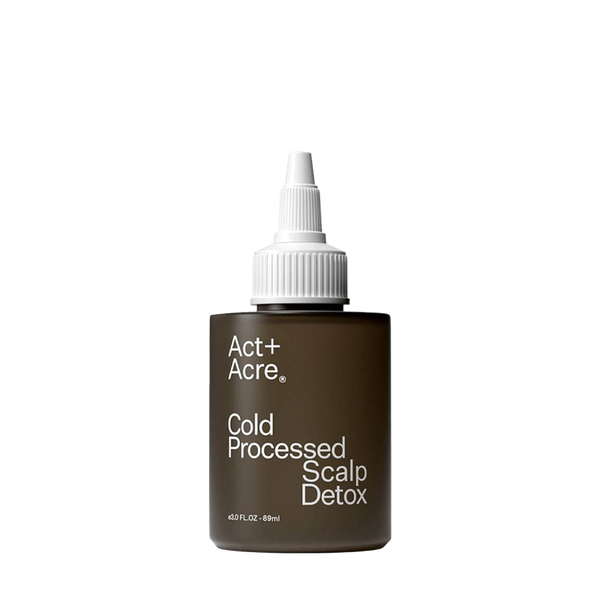
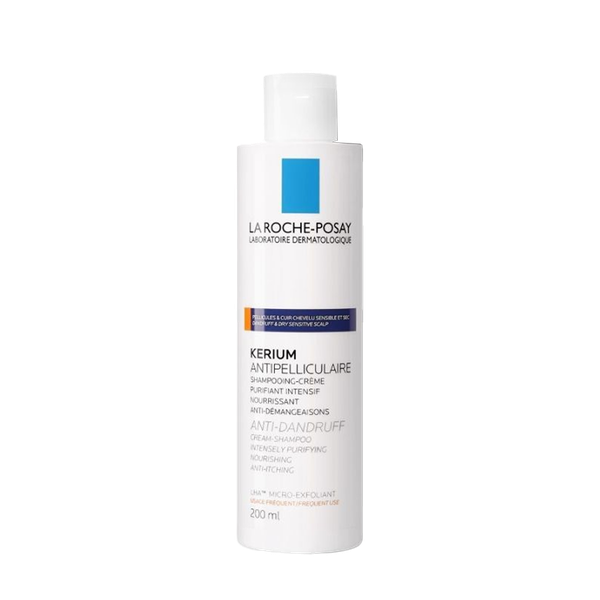
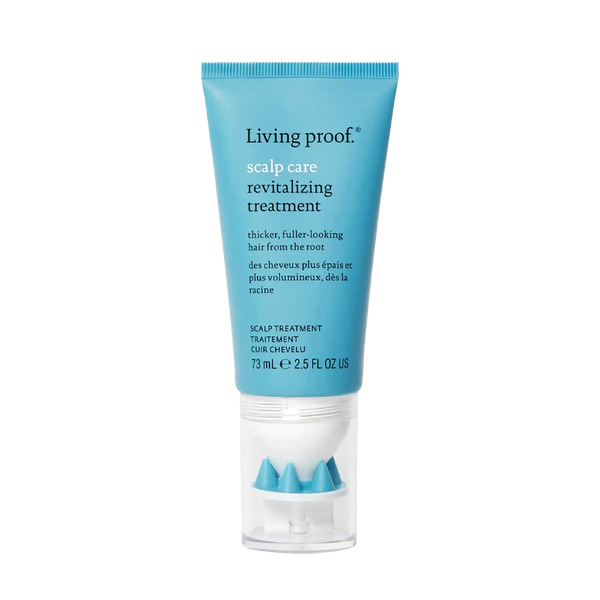
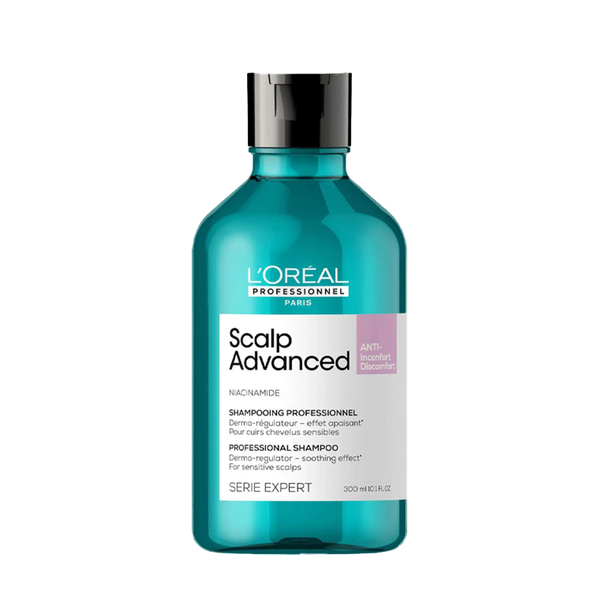
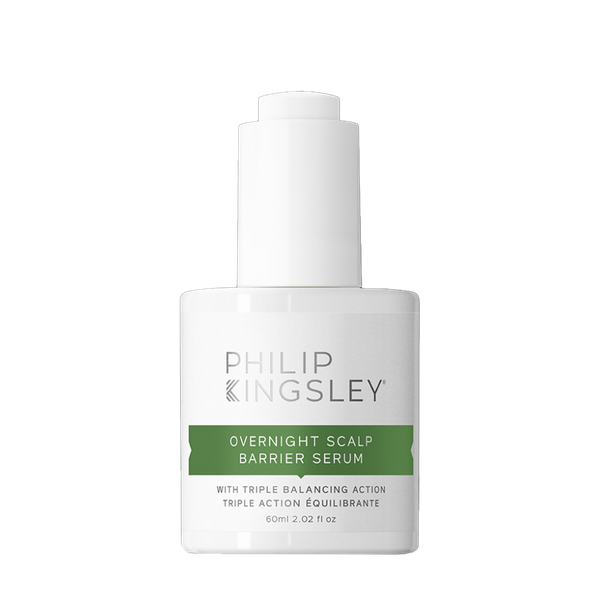
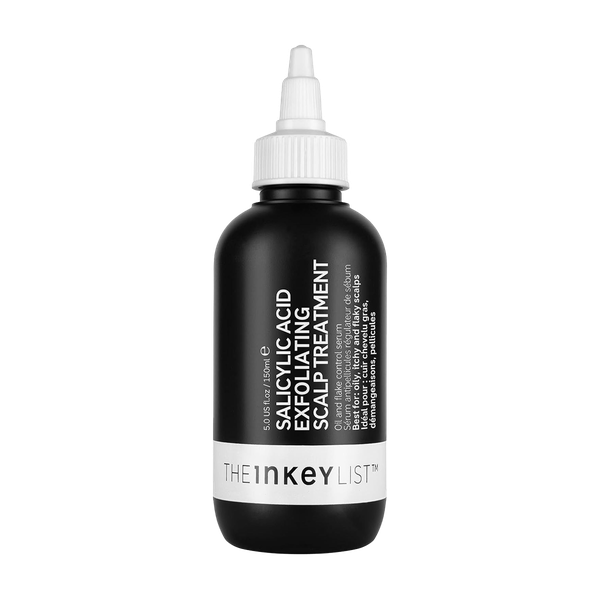
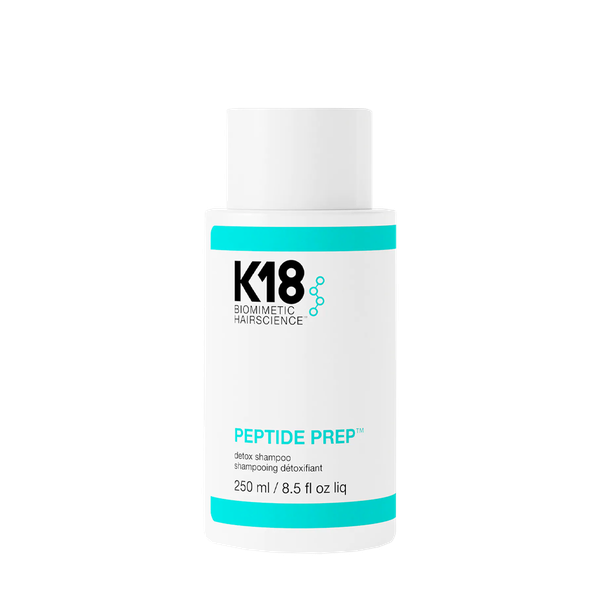
DISCLAIMER: We endeavour to always credit the correct original source of every image we use. If you think a credit may be incorrect, please contact us at info@sheerluxe.com.
